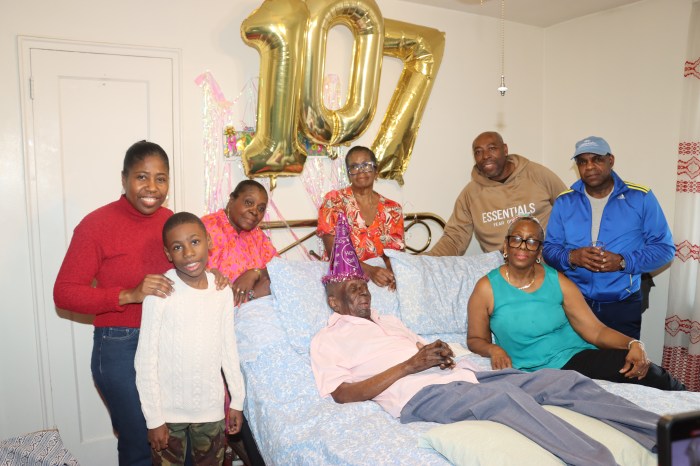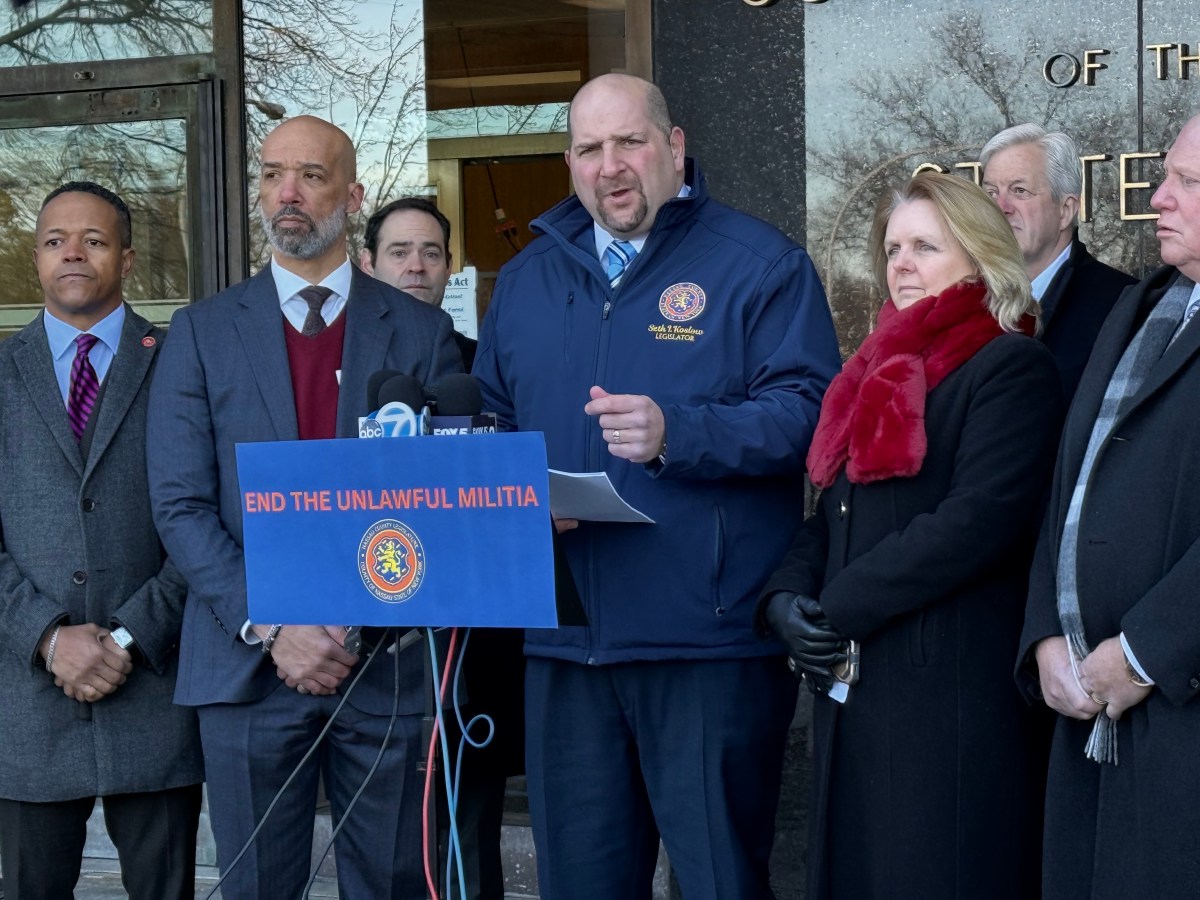The migration of nurses to the First World is having a very negative impact on the Caribbean and the more incentives are offered to nurses and other critical health workers, the greater chance of retaining them in the region, says a recent World Bank study.
Ernest Pate, MD, a Caribbean program coordinator for the Pan American Health Organization (PAHO/WHO), has been pointing to the World Bank’s study and says governments should take note.
Pate says the trend show that it is not the veteran or rookie nurses who are heading north to impart their skills, but those in the critical mid-career state, who can undoubtedly be considered as very experienced professionals.
“What struck me as being very important is when we have our nurses migrating from this region, it is the ones who are coming out of school, it is the middle-level nurses who are the ones have the experience, the ones who are going to supervise and mentor the younger folks, It is those individuals they attract to the more developed countries,” Pate said.
The downside, he contends, is that recent nursing college graduates are left on their own to fend for themselves without seniors to mentor them, and this is not good for the profession at all.
Pate says many have complained about poor salaries and bad working conditions and simply prefer to leave, noting that “in many instances, it is not just the salary, it is the opportunity for upward mobility, it is the security in the job, it has to do with some of the violence they are facing.”
When recruiters from North America and the United Kingdom travel to the Caribbean to hire teachers and nurses, hundreds turn up for interviews. Those successful find a job then hop on the first available flight once their documents are in order.
Pate’s recent remarks show that not much has changed from four years ago when Antigua Prime Minister Baldwin Spencer said that steps must be taken quickly to ensure “that the grass remains greener on this side,” or the region will lose too many of its nursing folk.
He said a study that Caribbean leaders had looked at had shown that up to 30 percent of the vacancies for nurses remained unfilled.
























